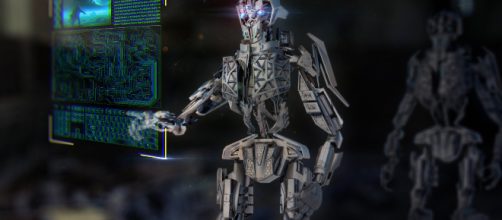Tencent is a Chinese multi-national investment conglomerate founded in 1998. Its subsidiaries specialize in inter-related services and products including AI technology both in China and globally. On Tuesday, Tencent's CEO Poni Ma who usually leads a low-life came forward with rare comments about on-going China-US tensions.
Why does Poni Ma think the trade war is turning into a tech war?
As reported by TechCrunch, Poni Ma said at an event, in China's Yunnan Province, on Tuesday that China has come to the forefront and leading the AI and tech development globally.
Now, there is less room for taking the technologies from outside and to improve them. He further said after the recent Huawei and Google clash, Tencent is watching the whole scenario very closely that whether the trade war is going to turn into a tech war.
Ma's concerns are not as unexpected as Trump's administration banned American suppliers last week from selling equipment to Huawei without permission. Furthermore, Huawei will not get intel and Qualcomm chips for its devices. Without chips, Huawei laptops are pretty much useless. The US Government labeled this decision as to safeguard national security.
What Poni Ma has to say about China's digital economy?
Regarding China's digital economy, Ma said if we don't continue to work hard on AI's key knowledge and basic research and transform from old forms of drivers to high-quality development, our digital economy will not become sustainable.
He said, "It will be like a high rise built on sand."
Will Huawei manage to become technologically independent after the ban?
The ban on Huawei by the US has forced the tech giant to accelerate the efforts to become technologically independent. This includes creating its own operating system and building its own chips for the devices and to come up with an alternate of Google services. Though stakeholders and other observers, including Huawei's founder Rhen Zhengfei doubt the viability of the project in short-run.
While giving an interview to state media on Tuesday, Rhen said that they would give it a try. He told it isn't challenging to build an operating system. The main challenge is the ecosystem.
About the ecosystem, he said, "It's a big project and will take time."
Regarding chips, Rhen seems convinced that Huawei is capable of making American-quality semi-conductors for its devices. He further elaborated that doesn't mean Huawei won't buy them from others. However, Reuters interviewed chip experts, and they all doubt Huawei's ability to design high-quality chips that could compete with the leaders of the market, namely Intel and Qualcomm in such a short period.


